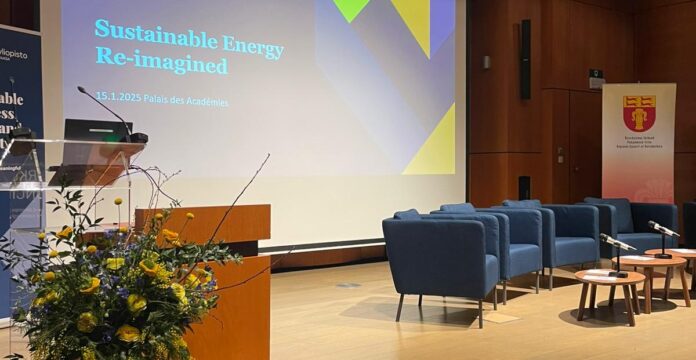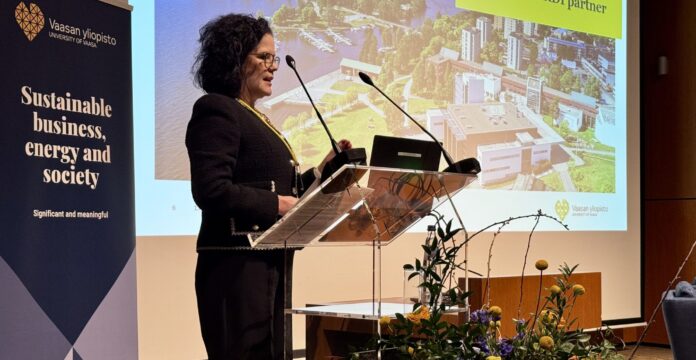Reading through the programme of the EARMA (European Association of Research Managers and Administrators) 2024 conference, it is clear that one topic is dominating the minds of research professionals above all others: What does AI mean for research funding and projects? With some 1,500 attendants from all over Europe with the occasional Australian thrown in, the event opened with a keynote panel discussion on how AI is transforming research management, and from thereon, there was hardly a track without a session mentioning its uses, benefits, or challenges.
Spoiler alert, there is no clear understanding yet how, or what, AI will transform, if anything. We are seeing increasing use of AI in writing applications, while at the same time it is also useful during the review process, prompting an audience question whether, in the future, AI will both write and evaluate research proposals. While a comical, if mildly intimidating, prospect, there may still be some truth in it. After all, a typist a few decades ago might have lamented the use of computers in a similar manner, decrying the lack of human element. And while we are comfortable using computers for both sending and receiving applications, the overabundance of systems has undeniably decreased the human empathy in many processes, replacing advice and support with chatbots and FAQ’s.
One of the keynote panellists Senior Specialist Maria Maunula, University of Turku, likened AI to a colleague. You can ask for help but you cannot rely on them to do your work for you and ultimately the responsibility of the outcome rests on your own effort. In a similar manner, AI can function as a useful tool, automating repetitive tasks or collecting background information but the creative and analytical effort still requires human intervention. The optimist’s take is that AI will eventually strip away the boring parts of work, leaving only the fun bits and, presumably, lunch breaks. The pragmatist’s view is that AI is not set to take your job, and the person who knows how to use AI better than you is the bigger threat.
However, even if we consider AI as a tool to be used, or as a silent, multipresent co-worker looming in the depths of the internet, it has an influence beyond checking grammar. University of Vaasa was represented in the conference by Senior Specialists Mathias Björklund and Malin Wikstedt giving a session on diversity dimensions and AI generated text. Questions of authorship, reliability and trustworthiness are probably familiar to researchers and have a huge impact on the ethics of doing AI assisted research. However, it can be more difficult to really visualize what is not there: The exclusion of underrepresented groups, limitation of scope and impact, lack of minorities’ views. AI blunders are often cited as inventing non-existing research or fabricating false information, but just as pervasive and much more difficult to identify are situations where some voices, some people, are simply not included at all and thus rendered invisible, uninteresting, and unimportant.
From a personal view, if I were to highlight an issue that most puts me off from using AI, it is its propensity to veer towards boring. Having read hundreds of applications, some clearly written by fallible human beings, others as clearly generated by AI, I am inherently more positively inclined towards the ones with personality and flair. While AI can be very useful in outlining, giving it the reins of creative output most likely produces a bland piece with vaguely Americanized phrasing aimed to appeal to the kind of average person who does not exist in reality. Whether that will change remains to be seen but for now and for full disclosure, this blog post used Co-pilot for ideation, but not for writing.
Tiina Leposky
Senior specialist in Research Funding
Research services





